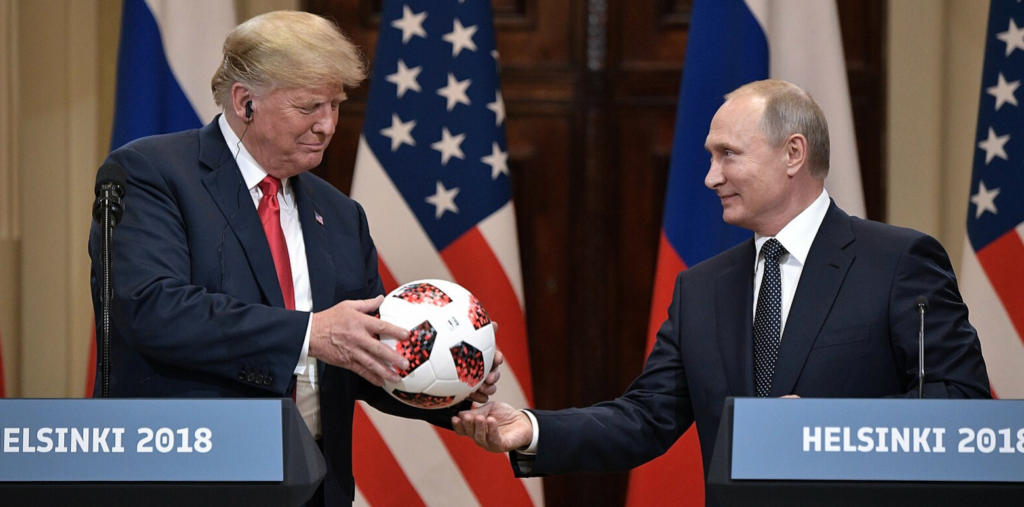Former Trump NSA: Authoritarian Leaders Treated Trump Like A “Chump”

In a newly released memoir titled At War With Ourselves, former National Security Adviser H.R. McMaster offers a critical account of his time in the Trump administration, focusing on how former President Donald Trump was frequently outmaneuvered by authoritarian leaders. McMaster, a retired lieutenant general, describes how Trump was treated like a “chump” by figures such as Chinese President Xi Jinping, Russian President Vladimir Putin, and Turkish President Recep Tayyip Erdoğan, according to a report by the Independent.
A Troubling Trip to Asia
One of the key moments McMaster highlights in his memoir is a nearly two-week-long trip to Asia. The visit to China was particularly significant, as McMaster warned Trump beforehand that Xi Jinping would likely try to manipulate him into making statements favorable to China. Despite these warnings, Trump later agreed with Xi’s claim that U.S.-South Korea military exercises were “provocative” and a “waste of money.” Trump even suggested that China might have a claim to the Senkaku Islands, which are controlled by Japan, a key U.S. ally.
McMaster was deeply concerned about these developments, noting in a message to then-Chief of Staff John Kelly that “Xi ate our lunch.” This instance, McMaster suggests, was emblematic of Trump’s susceptibility to the charm and flattery of authoritarian leaders, often leading to outcomes that were detrimental to U.S. interests.
Flattery and Influence
McMaster’s memoir goes on to detail how Trump’s interactions with other authoritarian leaders followed a similar pattern. He recounts how in 2018, Trump was impressed by a New York Post article in which Vladimir Putin praised him as a “great communicator.” Trump was so taken with the praise that he drafted a note to Putin, even as evidence emerged that Putin had likely ordered an assassination in the UK. McMaster, recognizing the potential damage such a note could cause, advised Trump against sending it, warning that it would “reinforce the narrative that you are somehow in the Kremlin’s pocket.”
Internal Chaos and Disloyalty
The memoir also sheds light on the internal chaos within the Trump administration. McMaster describes an environment where accusations of disloyalty were rampant, and staffers often worked against one another in their efforts to influence the president. This “vortex of vitriol,” as McMaster calls it, frequently undermined the administration’s objectives and left Trump as the antagonist in his own story. McMaster also links the inconsistency and lack of discipline within the administration to the eventual failure of the 2021 U.S. withdrawal from Afghanistan, suggesting that the seeds of this failure were sown during Trump’s time in office.
Concerns About Trump’s Fitness for Office
As Trump prepares for a potential return to the presidency, McMaster raises serious concerns about his fitness for the role. He reflects on how a 13-day trip to Asia left Trump, now 78, visibly tired and questions whether he can handle the physical and mental demands of the presidency. McMaster argues that Trump’s “anxieties and insecurities rendered him vulnerable” to manipulation by foreign leaders, a vulnerability that could have significant consequences if Trump were to regain the Oval Office.
Broader Implications
McMaster’s memoir provides a detailed and concerning account of Trump’s relationships with authoritarian leaders and the internal dynamics of his administration. The insights offered by McMaster raise important questions about the potential consequences of a future Trump presidency, particularly in terms of U.S. foreign policy and national security.

